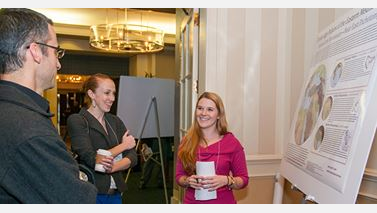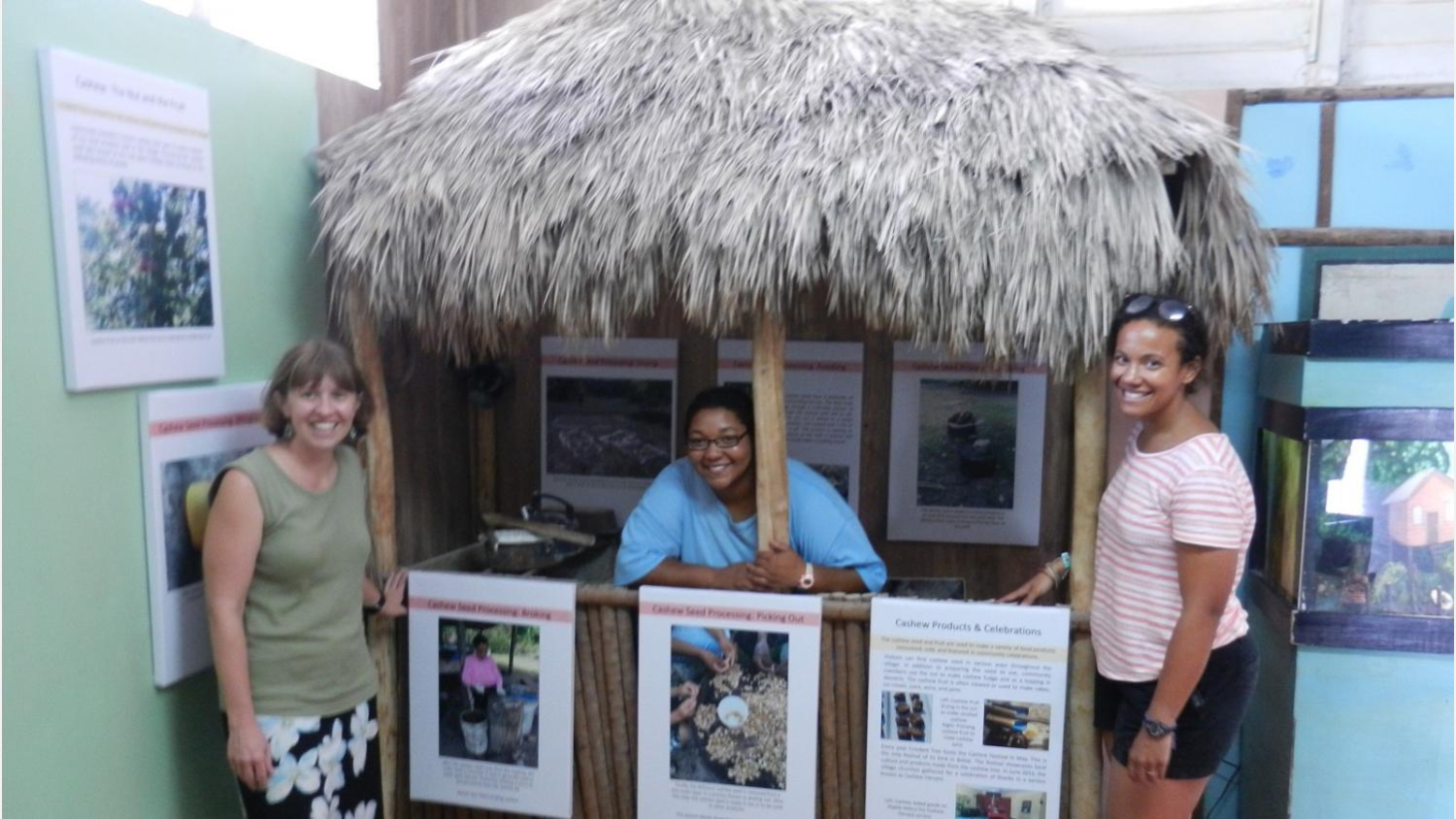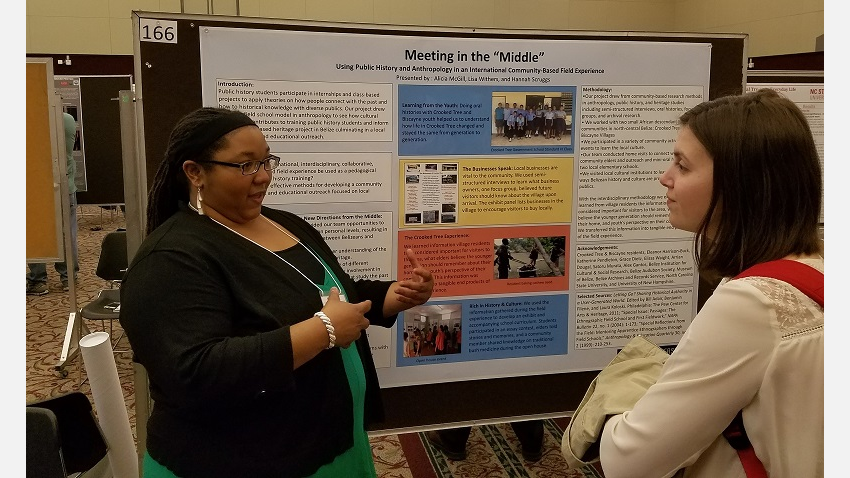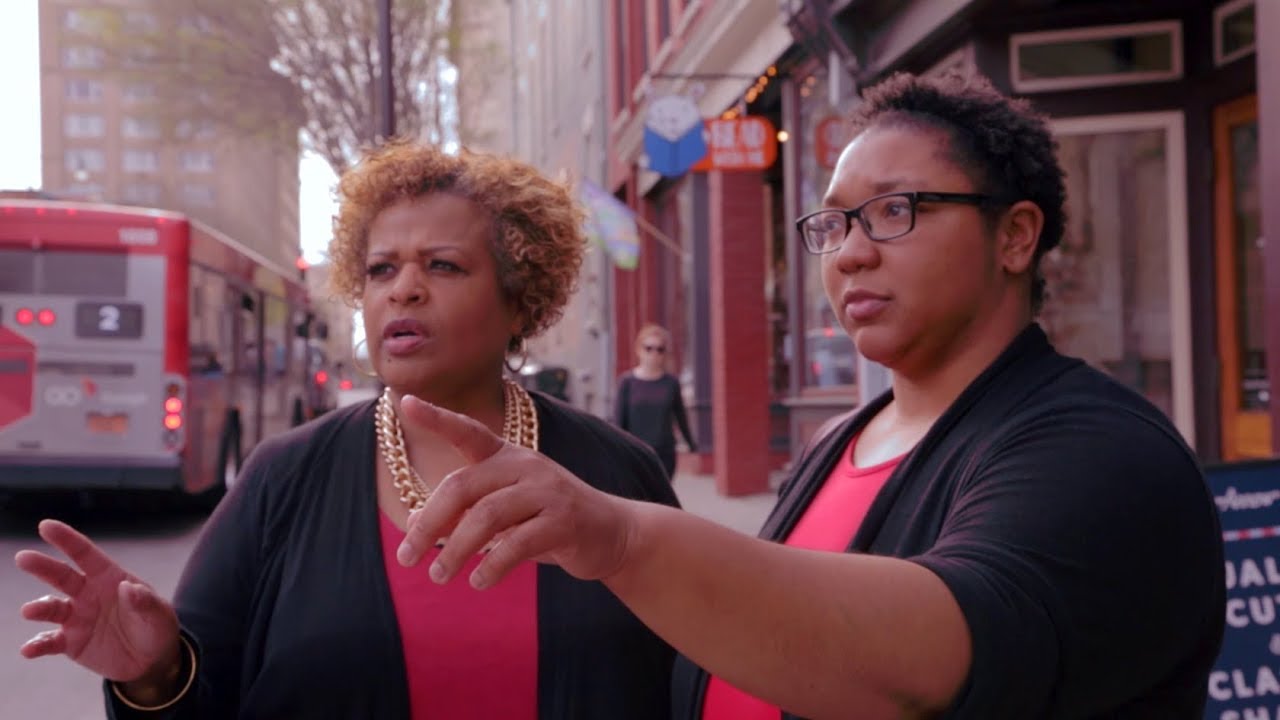Graduate Studies
Our three graduate degree programs challenge students to put history into practice through research, writing and public engagement.
Graduate Degrees
Your graduate experience begins with an ideal location — minutes from the world-renowned Research Triangle, adjacent to other major universities, archives, museums, historic sites and parks.
History graduate students conduct research alongside our award-winning faculty and engage in the world around them in local, county and state institutions, through programs such as NC State’s Graduate Student History Conference and the Khayrallah Center for Lebanese Diaspora Studies.
With more than 25 full-time faculty members who cover a range of historical fields, our programs allow you to enjoy small, seminar-style classes and close relationships with faculty mentors and advisors.
Our Programs
Why Choose NC State?
Join a community of scholars and practitioners dedicated to pursuing knowledge and bringing historical insights to the public. Graduate students work closely with our award-winning faculty in a collaborative and supportive environment. Each new class of graduate students is typically less than 25 students per year, and class sizes are small, averaging only 10 to 20 students.
Next Steps
Additional resources
Think and Do
Our students don’t just sit in lectures, they go beyond the classroom by putting history into practice. Our students research historical questions, present at academic conferences and symposia, gain valuable experience through internships, design museum exhibits and more.
Graduate students in the History Department have the opportunity to work with faculty on research and engagement in a variety of venues, including:
- Local, county, and state institutions such as the City of Raleigh Museum, Mordecai Historic Park, Preservation Chapel Hill, and the North Carolina Museum of History.
- Brick by Brick – an online blog for graduate students, faculty and alumni to share ongoing research, exchange ideas and resources, and explore topics through the research of their peers.
- The Khayrallah Center for Lebanese Diaspora Studies, which researches, preserves and publicizes the history of the Lebanese-American community in North Carolina.
Careers and Life After Grad School
What can you do with a graduate degree in History or Public History? NC State History programs emphasize excellence in research, writing, interpretation, communication–ideal skills in a competitive job market. Our History M.A. graduates have continued on to excellent Ph.D. programs such as those at Yale, UC Berkeley, Columbia, Duke, Northwestern, Georgetown, University of Pennsylvania and Stanford University among others and now have graduate students of their own. Other History M.A. graduates have entered jobs in teaching, publishing, and administration.
Most of our Public History M.A. students enter careers in archives, libraries, historic sites and parks, museums, and other cultural institutions as well as government and private corporations. With over 87% employment rate in the field, our alumni have worked in the National Park system, the Smithsonian museums, the National Archives, presidential libraries, state museums and archives, university special collections, and hundreds of local public history venues.
The Public History Ph.D. program is designed for public history professionals who want to advance their career opportunities with doctoral degrees and for students who wish to pursue public history careers in universities or leadership positions in public history venues.
“My M.A. studies provided me with a solid foundation for further work at the doctoral level.”
– Dean Bruno
MAs in History and Public History ’08
Ph.D. Candidate, Vanderbilt



